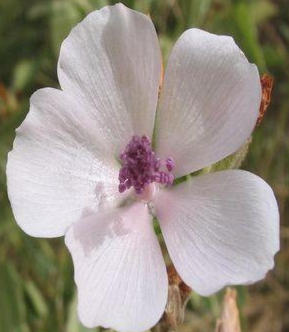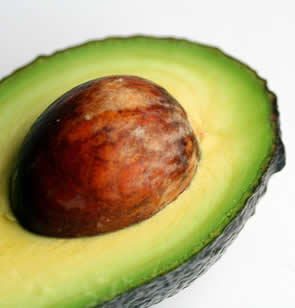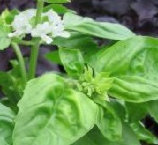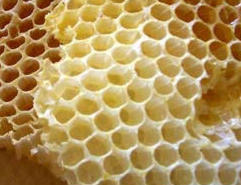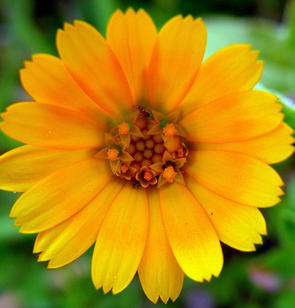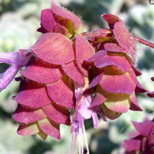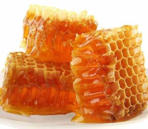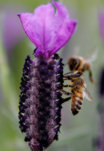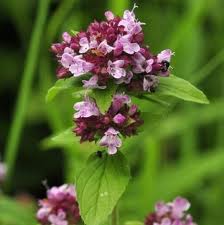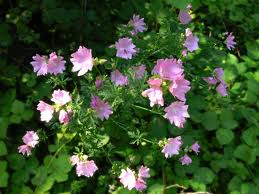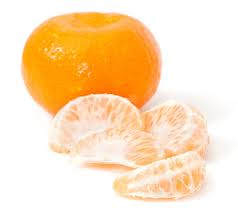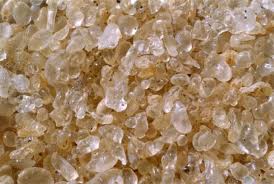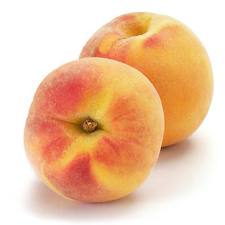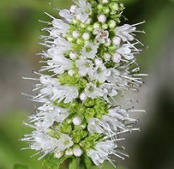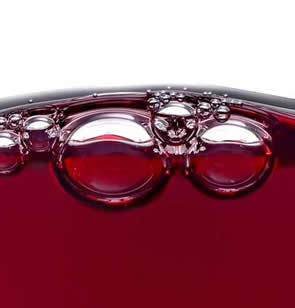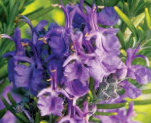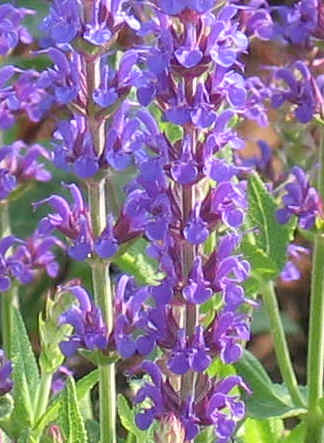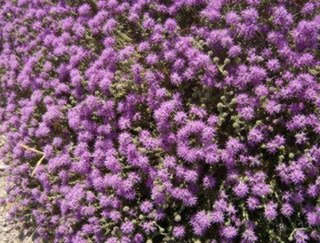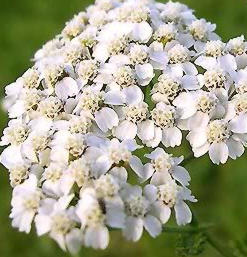
Myrtle (Myrtus communis)
Myrtus (myrtle) is a genus of one or two species of flowering plants in the family Myrtaceae, native to southern Europe and north Africa. The plant is an evergreen shrub or small tree Mythology and History In as far back as ancient Greece, people cherished the application of myrtle. |
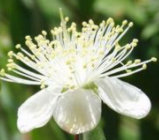 |
In Greek mythology and ritual the myrtle was sacred to the goddesses Aphrodite and also Demeter.
Pausanias explains that one of the Graces in the sanctuary at Elis holds a myrtle branch because “the rose and the myrtle are sacred to Aphrodite and connected with the story of Adonis, while the Graces are of all deities the nearest related to Aphrodite.
Further, the brave soldiers, athletes during the Olympics and nobles were honoured with its leaves. Myrtle was a symbol of immortality and was used in love potions and as treatment for various ailments, occupying a prominent place in the writings of Hippocrates and Dioscorides.
Health Benefits & Modern Medicinal uses
Myrtle is very popular as an insect repellent, for both human and animals.
As well as being rich in essential oils, myrtle contains a group of complex compounds called myrtucommulones. Pharmacologists have been particularly excited by myrtucommulone-A, which in laboratory studies has been shown to have antibacterial, analgesic and strong anti-inflammatory properties. And it has recently been found to have a highly selective cytostatic effect on tumours. It can also help stop haemorrhage by making the blood vessels to contract.
Myrtle Essential Oil is also effective against chest infections in babies and elderly people.
Due to its anti septic property, Myrtle Essential Oil is suitable for application on wounds and ulcers. It does not let microbes infect the wounds. Further, as it is astringent, it promotes good digestion, treats urinary tract disorders, contracts and pulls up the skin and helps diminish wrinkles.
The essential oil of Myrtle relaxes and sedates. This property gives relief from tension, stress, annoyance, anger, distress and depression as well as from inflammations, irritations and allergies.
It is bactericide, nerve-strengthener and when used diluted in products that treat oily skin, sensitive skin, it helps open pores and treat acne.
Reduces skin-aging signs and is recommended for face care products to maintain skin youthness. In most Mediterranean countries, myrtle extract is used to enhance hair growth.
Modern scientific research has revealed that myrtle has tonic, antiseptic and astringent action on the skin due to the high myrtol content. Myrtle also affects the molecular mechanisms related to the longevity of cells and tissues. It enhances the synthesis of sirtuins, known as longevity proteins, at the cellular level triggering a highly effective anti-wrinkle mechanism.
Links:

